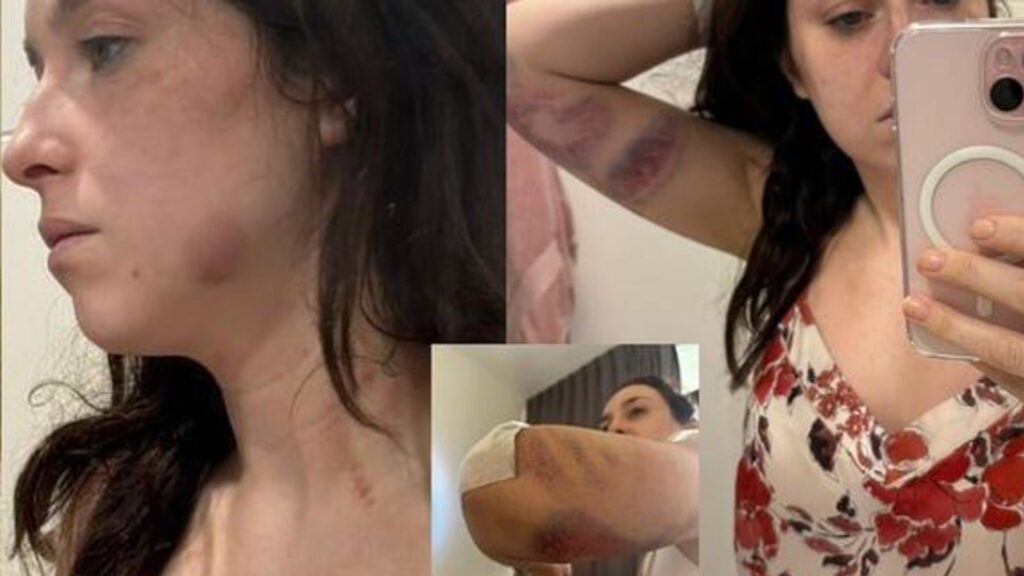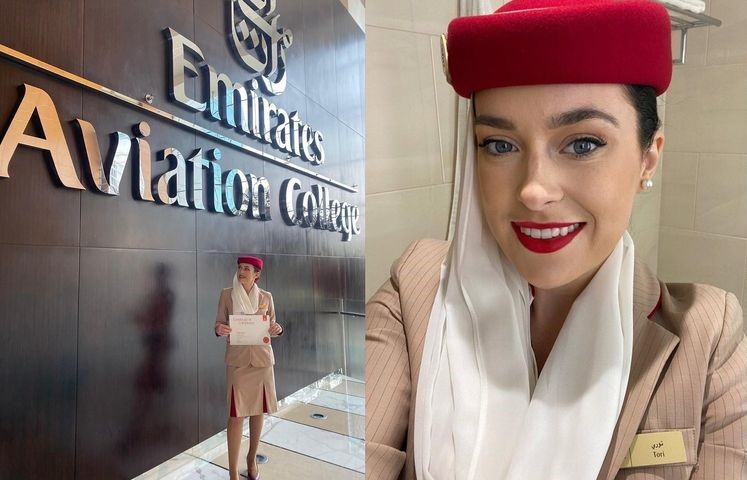Tori Towey’s situation is a disturbing reminder of the systemic failings in protecting domestic violence victims in certain jurisdictions. Her case is not just a legal issue but a human rights concern that demands immediate attention and action from both national and international bodies. The charges against her should be dropped, the travel ban lifted, and Towey should be allowed to return home to Ireland, where she can receive the support and care she urgently needs. This case underscores the need for continued advocacy and reform to ensure that no victim of domestic violence is ever subjected to such an ordeal again.
The case of Tori Towey, an Irish woman who has been charged with attempting suicide by a court in Dubai after suffering horrendous injuries from a domestic violence attack, is deeply troubling. Towey’s situation highlights a significant issue in how victims of domestic abuse are treated, particularly in jurisdictions with stringent laws that often do not favour the victim. The distressing circumstances she faces highlights the urgent need for legal and humanitarian interventions.
Tori Towey, 28, was working as a cabin crew member for Emirates Airlines when she was allegedly attacked in her home in Dubai. The attack left her with severe bruising and injuries that required hospital treatment. Instead of receiving protection and assistance from the authorities, Towey found herself facing charges of attempting suicide and alcohol consumption, with a travel ban preventing her from returning to Ireland.
This case is particularly shocking as it showcases a victim of domestic violence being further victimised by the legal system. Despite her evident trauma and the physical evidence of the attack, the authorities in Dubai have not only failed to protect her but have actively pursued charges against her. The advocacy group Detained in Dubai, which is supporting Towey, has described the situation as outrageous and has called on the Irish government to intervene.

Radha Stirling, CEO of Detained in Dubai, emphasised the gravity of Towey’s situation, stating that she is lucky to be alive. Stirling has been vocal about the inadequacies of the Dubai authorities in handling such cases, noting that instead of offering protection, they imposed a travel ban on Towey, preventing her from leaving the country even after she attempted to escape her dire situation.
The charges against Towey raises a broader issue within the UAE’s legal framework, where victims of domestic violence and sexual assault often face punitive measures instead of support. Historically, the UAE has had laws that criminalise rape victims for sex outside of marriage, and now it appears that the legal system is targeting domestic violence victims with charges of attempted suicide and alcohol consumption.
This legal approach is deeply flawed and unjust. It not only fails to address the root cause of the issue – the violence perpetrated against the victim – but also punishes the victim for their response to the trauma. Attempting suicide, in many cases, is a cry for help and a consequence of severe psychological distress, yet in Towey’s case, it has been met with criminal charges.
The response from the Irish government has been one of concern, with officials expressing their willingness to intervene. The Taoiseach, Simon Harris, has indicated that he is ready to support Towey and has acknowledged the appalling circumstances she is facing. The Department of Foreign Affairs is providing consular assistance, although details on their specific actions remain limited.
Towey’s case should serve as a wake-up call to the international community about the urgent need for reform in how domestic violence cases are handled in jurisdictions with strict and often discriminatory laws. Victims of domestic violence should not be further traumatised by the legal system, instead, they need comprehensive support and protection.

The travel ban and charges against Towey not only inhibit her freedom but also place her at significant risk, especially considering the well-documented human rights abuses in UAE jails. The international community, along with human rights organisations, should advocate for her immediate release and safe return to Ireland.
There needs to be a broader push for legal reforms in countries like the UAE to ensure that victims of domestic violence are treated with the compassion and justice they deserve. Legal frameworks should be designed to protect and support victims, not punish them for the actions of their abusers or their reactions to trauma.
If you are experiencing coercive control, domestic abuse or domestic violence, or any form of gender based violence and abuse, please reach out to Women’s Aid or call 1800 341 900.
Call An Garda Siochana website HERE or call 999 / 112.
Everyone deserves to feel safe.




